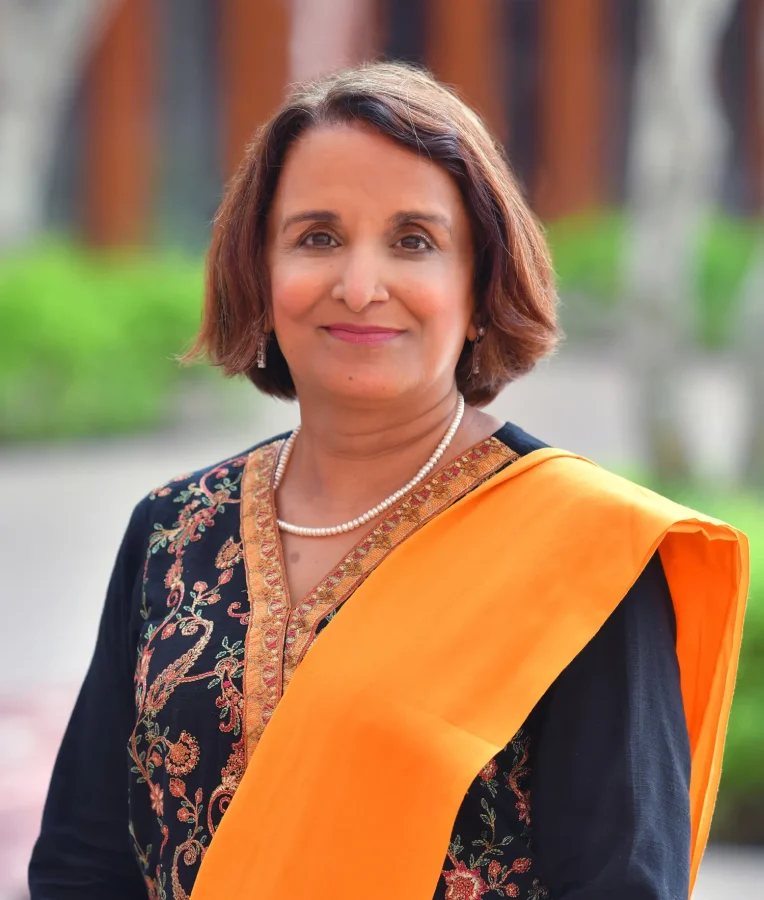The Aga Khan University Institute for Educational Development (AKU-IED) hosted BaateinKitab Ki, a book launch event for Teaching and Teacher Education in Pakistan: Historical and Contemporary Perspectives, authored by Professor AnjumHalai, Vice Provost, AKU and alumna of AKU-IED’s Master of Education programme. DrHalai, a distinguished educator with extensive experience in Pakistan and internationally, has made significant contributions to the field of education.
In her new book, published by Oxford University Press, DrHalai explores the pivotal role that teachers play in student learning, motivation, and overall development. The book highlights the stark challenges facing Pakistan’s education system, where many students lag behind their expected grade levels. Government spending on education is still low and even in higher education, the departments of education in the universities do not necessarily enjoy the same status and access to funding and resources as do the other professional education institution such as in medicine and engineering.
Divided into two integrally linked sections, Teaching and Teacher Education in Pakistan offers a comprehensive examination of the teaching profession and teacher education across the continuum of teachers’ careers in the Pakistani context. The book provides a unique contribution by bringing together historical and contemporary perspectives on teaching and teacher education, situated within Pakistan’s socio-cultural, political, and economic landscape.
The first section traces the evolution of education since Pakistan’s independence in 1947, examining the efforts of policymakers and decision-makers to enhance the quality of education. Despite these efforts, DrHalai observes that educational outcomes remain weak, and the system continues to fall short in adequately serving Pakistan’s children and youth. In the second section, the author draws on classroom-based research from Pakistan to offer insights into the critical issues affecting teaching and their implications for teacher education. She underscores the central role of teachers in ensuring the quality of learning outcomes and calls for a responsive teacher education system that equips educators to prepare students for the demands of a diverse, dynamic, and digital world.
At the event, DrHalaiemphasised the importance of teacher agency, stating, “Teachers must not be seen as passive recipients of policies and reforms. It is the teacher who leads the dynamics of teaching and learning at the grassroots level. Teachers’ voices and participation in decision-making are crucial to elevating the status of the teaching profession.”










